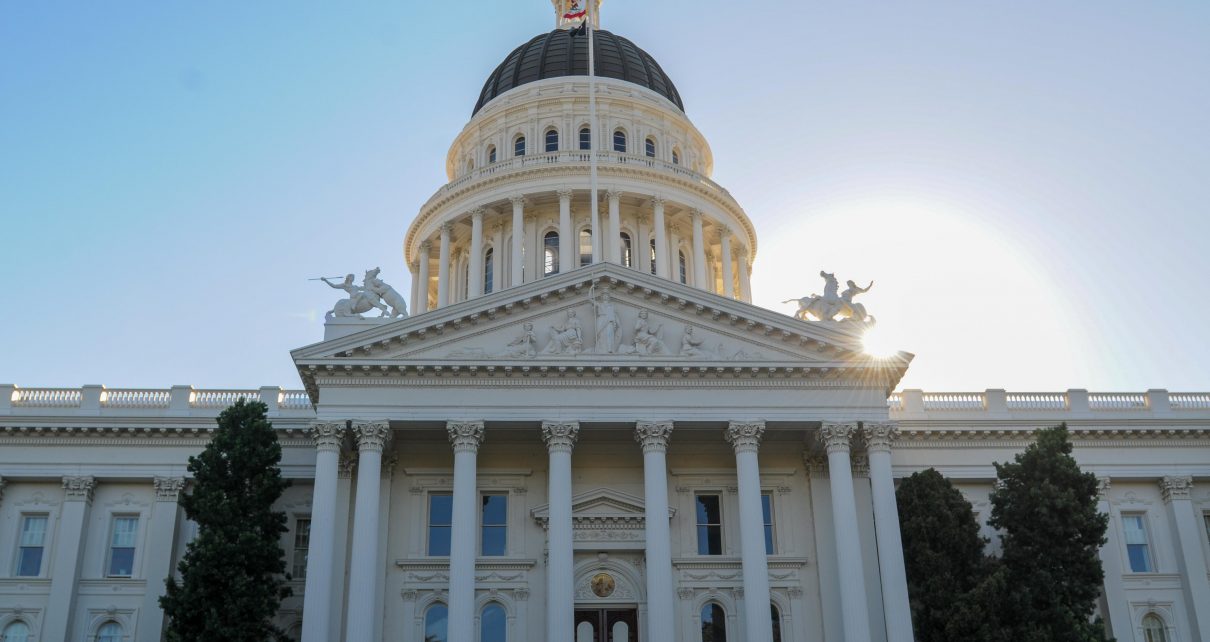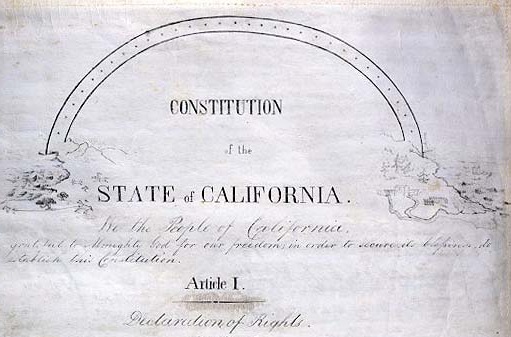
California State Capitol. (Photo: Kevin Sanders for California Globe)
Three Suggested Changes to California’s Recall Law
A new provision should be added to provide that a recall cannot occur if less than half of the state officer’s term is remaining
By Chris Micheli, March 16, 2024 2:43 am
When I read about another recall effort being launched against California Governor Gavin Newsom, it prompted me to review the provisions of Article II of the state Constitution that provides for the three forms of direct democracy, including the recall. That review prompted me to recommend two changes to our state Constitution to limit the potential for abuse and hopefully save considerable taxpayer funds, while also preserving the ability to recall state officers.
To put things in context, Article II, Section 13 provides: “Recall is the power of the electors to remove an elective officer.” As readers will remember, a recall effort was successfully placed on a special election ballot held on September 14, 2021. That recall effort, which failed miserably by a margin of 62% to 38%, cost state and local governments in excess of $200 million to conduct. Of course, Governor Newsom went on to win a second and final term in November 2022 with 59% of the statewide vote.
With reports of another recall effort being launched recently, I was reminded of the current six-month rule that is contained in Article II, Section 18, which was added in June 1976 by Proposition 14:
A state officer who is not recalled shall be reimbursed by the State for the officer’s recall election expenses legally and personally incurred. Another recall may not be initiated against the officer until six months after the election.
This particular section of Article II only applies to statewide officers – the nine constitutional offices (including the State Board of Equalization). It is the second sentence contained in Section 18 that should be amended in my view. I would make three changes:
First, the current six-month prohibition should be repealed. Otherwise, a statewide officer could face multiple recall special elections over the course of their term because the current provision allows repeated recall attempts regardless of their likelihood of success or their costs to the state and local governments.
Second, in order to address this concern, a new provision should be added to provide a new limitation that a recall could only occur once per 4-year term for a state officer. In other words, during a state officer’s four years in office, he or she should only have to face one recall ballot. This would balance the recall rights of the People with the harsh costs of potentially repeated recall attempts.
Third, a new provision should be added to provide that a recall cannot occur if less than half of the state officer’s term is remaining. In other words, if the state officer has already served over half of their term, and the officer is either facing re-election or a term limit, there is really no justification for a recall to be on the ballot at that time. That is because the voters will have their say soon (if the officer is standing for re-election) or the state official will be out of office soon enough to not warrant the time and expense of a recall ballot.
As a result, my proposed changes to Section 18 of Article II might look like this:
(a) A state officer who is not recalled shall be reimbursed by the State for the officer’s recall election expenses legally and personally incurred. Another recall may not be initiated against the officer until six months after the election. (b) A recall of a state officer shall not be initiated more than once during the term of that officer. (c) A recall of a state officer shall not be initiated if the state officer has served more than half of that officer’s term.
Of course, these changes would have to be placed before the statewide voters for their approval, either by a constitutional amendment proposed by the Legislature, or by an initiative measure, in order to amend Section 18 of Article II. Also, this proposal would not affect impeachment provisions for state officers under Article IV, Section 18, which applies for alleged misconduct in office.
- County Revenues for Fish and Game - March 3, 2026
- Designating ‘Spot’ Bills in the California Legislature - March 2, 2026
- Regulatory Powers of the Fish and Game Commission - March 2, 2026





There’s such a high hurdle to overcome to just get a recall on the ballot, and it’s the constitutional right to have civil redress. Why not just let the process play out?
Agree.